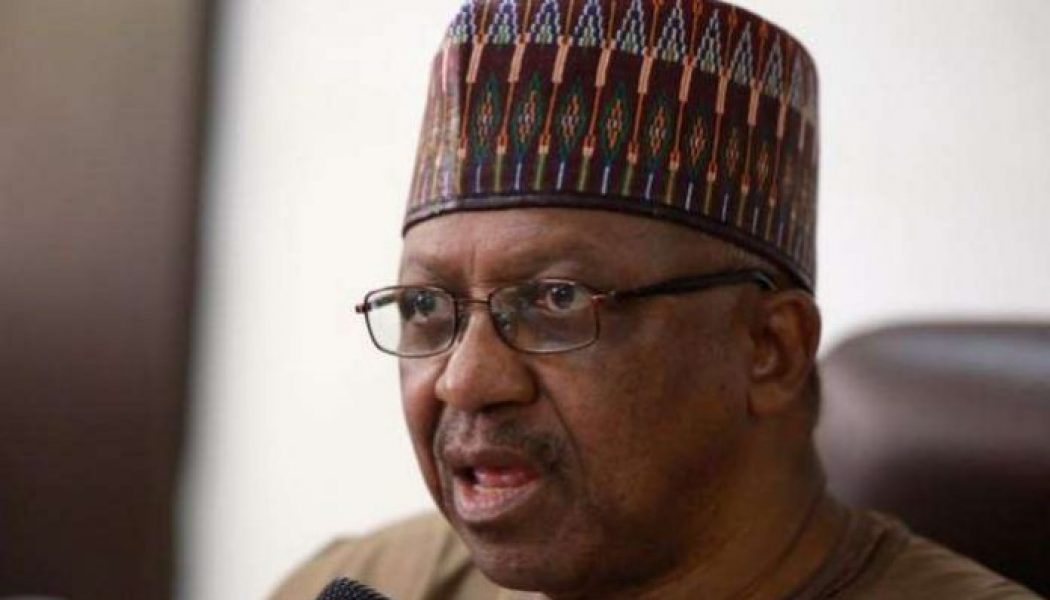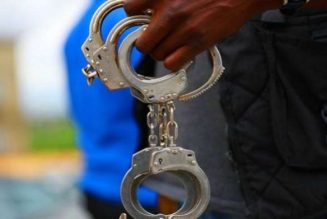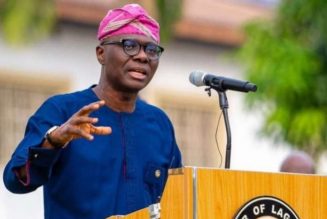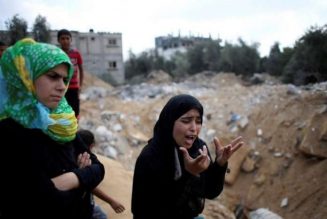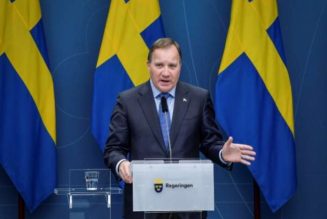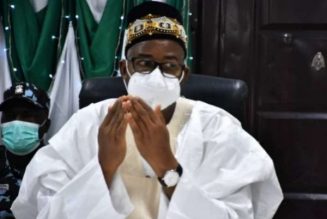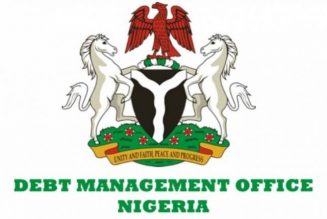
Since the beginning of January 2021, Nigeria has been expecting the delivery of COVID-19 vaccines, but nothing has happened to date.
The World Health Organisation, WHO and GAVI, the Vaccine Alliance, and the Coalition for Epidemic Preparedness Innovations, CEPI, came up with the COVAX initiative to ensure that low and middle-income countries have access to vaccines.
But COVAX has not given a precise date for when it will begin distributing the vaccines.
Nigeria has put all its hopes on the COVAX Facility. The federal government is also expecting some vaccines from the Africa Union arrangement, expected to deploy from March.
This development has attracted criticisms about the government’s readiness and commitment towards ensuring the timely vaccination of Nigerians against the dreaded pandemic.
Last week, the Minister for Health, Dr Osagie Ehanire, was in Lagos on a working tour of facilities at the Lagos University Teaching Hospital, LUTH.
During the visit, Good Health Weekly took him up on the pending delivery of the vaccines and he stated categorically that Nigeria may be getting the first batch of the much-awaited COVID-19 vaccines by the end of February.
In his response, Ehanire said vaccine availability in the country will depend on when the government is able to receive the doses.
Giving reasons why Nigeria was yet to receive the vaccines, he explained that most of the countries where the vaccines are being manufactured are having challenges and a rough time with the COVID-19 pandemic.
“So, the question of when you get a vaccine depends on when the manufacturer can give you a vaccine.”
Speaking on the COVAX facility, he said the government has been told that the vaccines will be supplied by the end of February, which is in about seven days’ time from today.
“But, that is, as a matter of hope that if it may not be now but by March. But it doesn’t lie in our hands. It is when the vaccine is given to them we are ready to receive it.
“We are ready to receive it even this evening or tomorrow. We are ready and prepared, we have all the things that we need to prepare ourselves.”
Below is the full excerpt of the interview:
Delivery of the COVID-19 vaccines
First, let me say that we do not produce these vaccines. Now, we are receiving a lot of messages and questions around when are we going to get a vaccine, when are we going to start vaccinating? Other countries are vaccinating, so we are working on that subject very diligently.
They (vaccines) are manufactured abroad in about four or five countries, as well as the creators of vaccines; I think they are few the United States, United Kingdom, Russia, and China. I think these have really succeeded in making vaccines.
Manufacturing licenses
Now, they’re giving manufacturing licenses to other countries to manufacture these vaccines.
For example, South Africa has a license to manufacture Johnson & Johnson vaccines, India has a license to make AstraZeneca, and Russia has just given license also to India, to make their Sputnik V, and so on and so forth.
Pfizer has given license to Belgium to make their own vaccine. So all these vaccines are being made elsewhere, and all these countries are all having very serious challenges with the COVID-19.
They are having rough times. Most of the vaccines being manufactured are held up in those countries.
Vaccine nationanlism
The World Health Organisation has decried what they call ‘vaccine nationalism’ – they’re making the vaccines and keeping to themselves whereas these vaccines are actually what the whole world needs.
COVID-19 is attacking the whole of mankind so the world should get access to vaccines.
Just yesterday, (Friday) they were saying that 75 percent of all the vaccines produced so far are being used in 10 countries. Others are not getting it. So even if you have the money, and you go there now, they will not give you the vaccine because they have to satisfy the needs of those countries who have paid before or paid big, big money before now.
Donation of surplus doses
So the next issue we have now is asking those countries who have surpluses to release some of theirs. And just yesterday, France suggested that all those countries should release 5 percent of the vaccines they ordered.
And then, Boris Johnson of the UK said that they will release some of their surpluses, because they all booked surpluses, some of them booked three times their population. If their population is 39-40 million, then they booked 200 million doses while others have none.
So the question of when we will a vaccine depends on when the manufacturer can give you the vaccine.
We are working with the COVAX initiative. They’re waiting for the vaccines to be supplied to them so they can distribute. They haven’t gotten vaccines yet but we are told that it will be at the end of this month, which is about 10 days’ time.
Federal government readiness
The arrival of the vaccines doesn’t lie in our hands but when the vaccines are given to them (COVAX), we are ready to receive even this evening and start vaccinating tomorrow.
We are getting vaccines from the COVAX facility which was set up by the World Health Organisation, and GAVI has always been a partner for vaccine access, and they have the facility to supply 20 percent of our vaccine requirements.
That vaccine requirement of 20 percent will cover health workers and some other people but we are looking for a total of about 60 to 70 percent. So apart from this 20 percent, we need another 40 to 50 percent, which we can get from the African Union, we are working with the African Union for all African countries where before yesterday (Friday), they had only 270 million doses.
But last night I heard they got another 300 million doses 570 million that will take care of most African countries, and we can now choose the type of vaccine that we are looking for, and make our order.
Bank account opened
We have already opened an account. This is been underwritten by the African Bank, which is underwriting with $2 billion so that Africans and African countries will not be left behind.
You can all be served. And then you have five to several years because not every country will have the cash to put money on the table. So, they put it open up between five to seven years and you can pay back to Afreximbank.
It gives an opportunity for all African countries to get their vaccination done, and none will be left behind when other countries are free of the COVID-19 pandemic. So we have signed up and opened an account. And we are already expecting a delivery.
But even with the vaccines, we will l continue with the Non-Pharmaceutical Interventions like the sanitisers , face mask,s etc.
